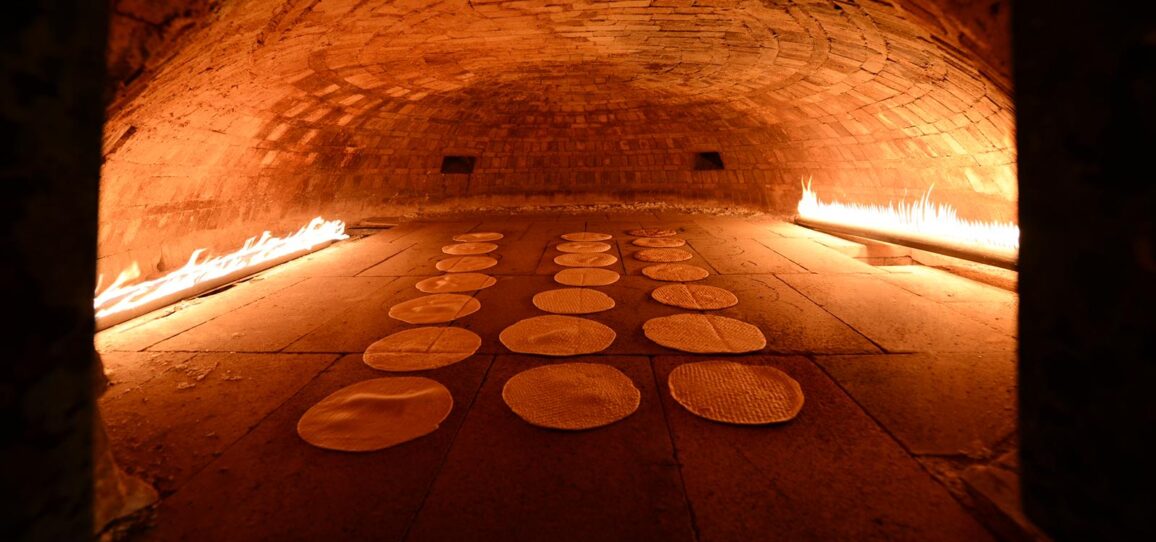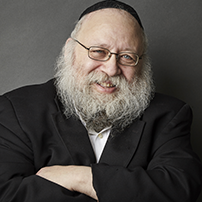
NO MORE FOOD!
When we are ready to recite the Birkat Hamazon, as we do whenever we eat bread, the meal has come to an end.
In the context of the Seder, the Birkat Hamazon presents an even stricter implication:
Once we have recited the Grace after Meals, we may no longer eat anything. We may, and we are indeed obligated to, drink the remaining two cups of wine, but no food may be ingested.
The simple reason for this is that there is a requirement that the taste of Matzah linger on through the night. Eating other foods would cause that lingering taste to dissipate.
CHANGING FOCUS
And it is at this point, where we are finished with the eating of Matzah, that we are ready to make the transition into a new phase of the Seder.
This transition takes us from a liberation process, focusing on our past association with slavery, persecution, poverty and exile into a liberation mode where the focus is on the future Redemption.
The future Redemption derives its power from the original Exodus. This is why we will still remember the Exodus from Egypt in Messianic times, as is stated earlier in the Haggadah.
But, unlike the original Exodus, the future liberation will be a “true” and “complete” Redemption. “True,” in this context, means that it will endure forever unlike the Exodus from Egypt that was followed by other periods of exile and persecution. And the term “complete” implies that there will not be one Jew left behind, and there will be no aspect of our lives—physical, emotional, intellectual and spiritual—that will not be liberated.
ELIJAH’S CUP
It is at this point (either before the Grace after Meals or right after) that we fill the Cup of Elijah. Elijah (Hanavi) is strongly linked to the Future Redemption, and fortified by his presence at the table, we continue following the Haggadah with the focus firmly on the future.
DRAWING DOWN
The word Beirach (to bless) also means to “draw down.” When we bless G-d, we are not suggesting that He needs our blessing. Rather, Beirach suggests that the blessings that G-d possesses should be accessed by us and “downloaded” into our lives.
The recitation of the Birkat Hamazon (Beirach), in the context of the Seder, provides us with a vessel we can use to carry all the spiritual energy that we have generated throughout the Seder.
This energy will leave its mark on our psyche and implant a seed in our bodies and souls that will take root and soon blossom into a full blown Redemption.


